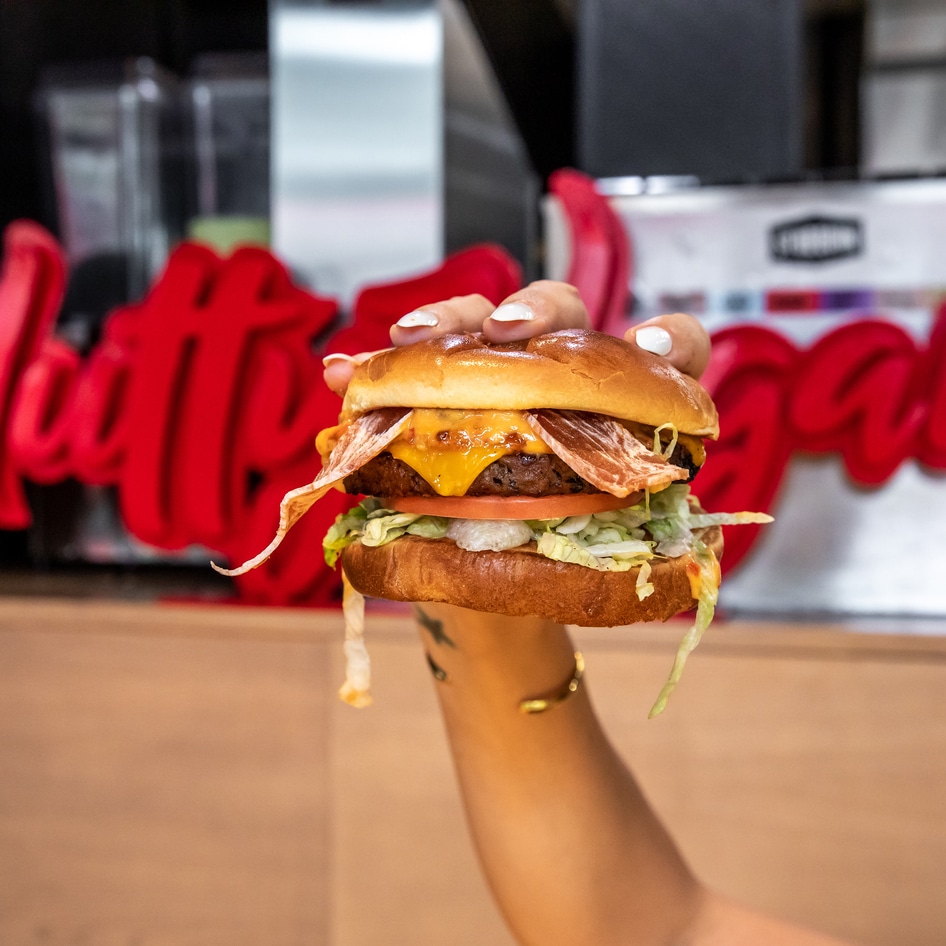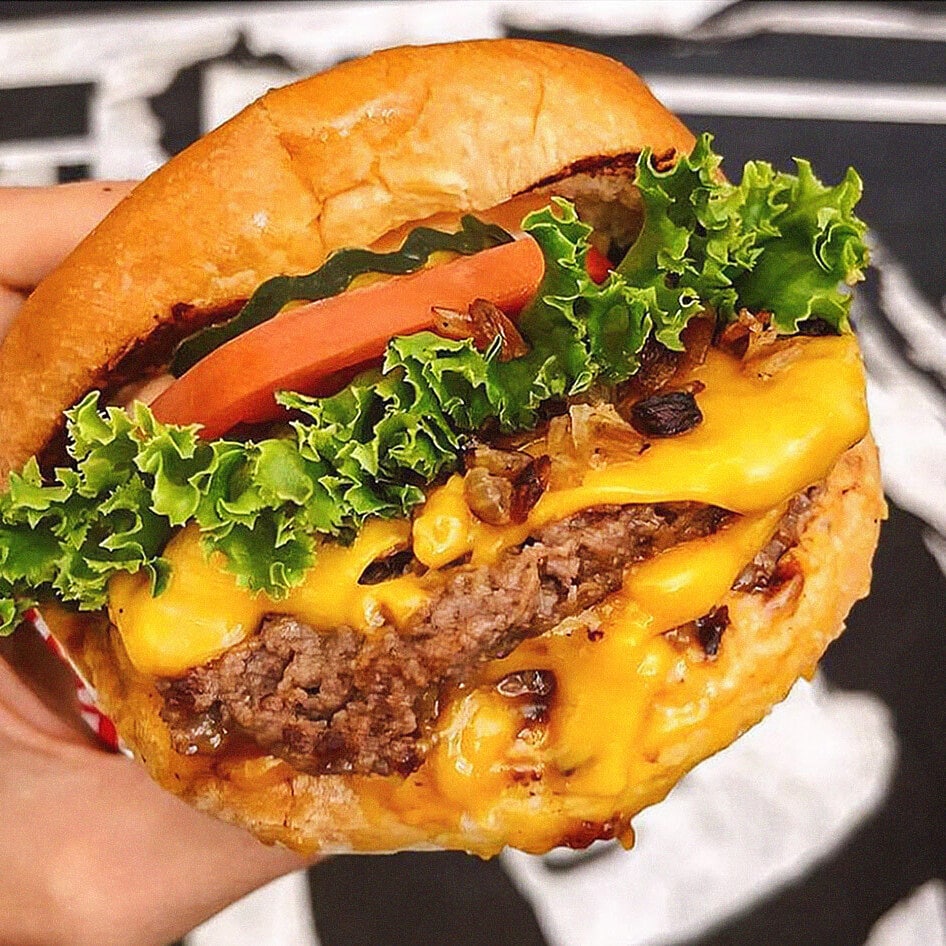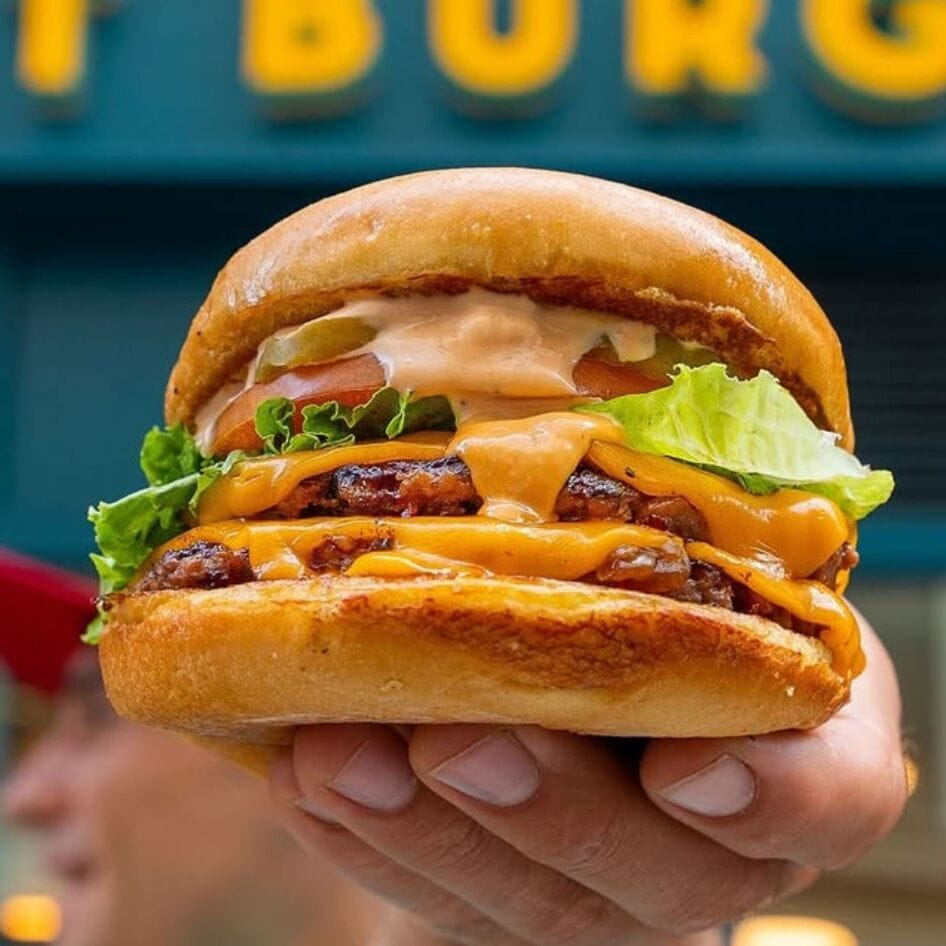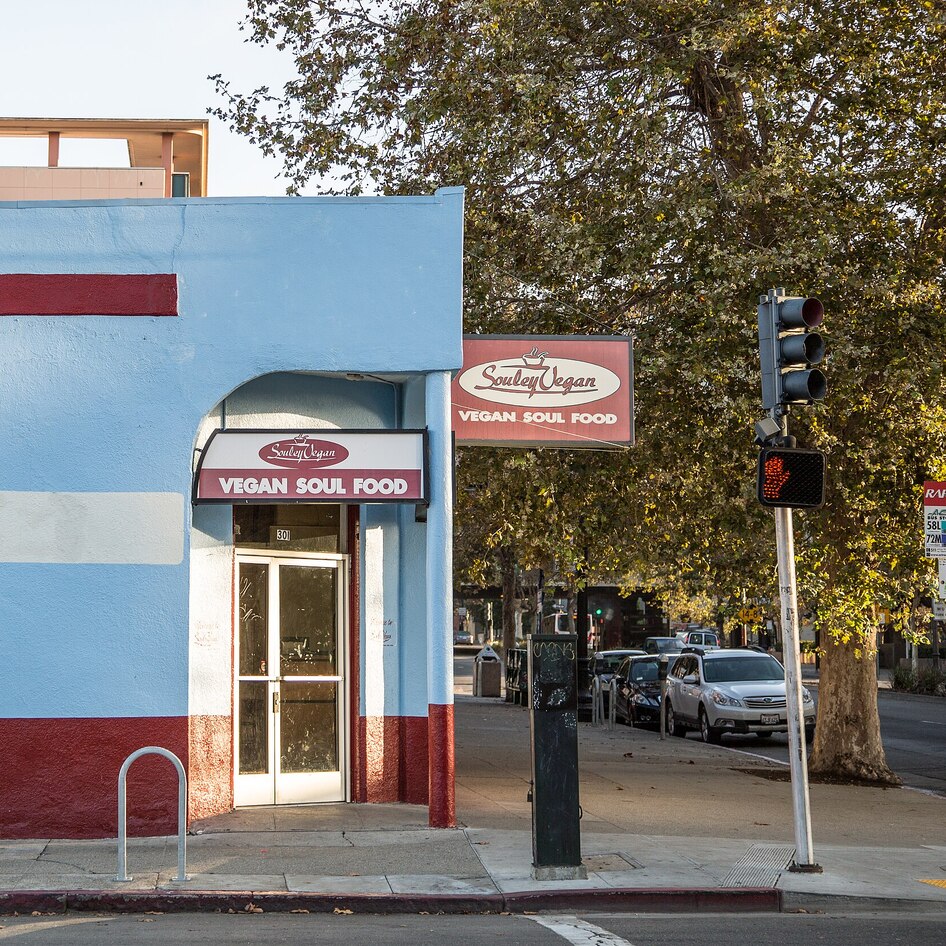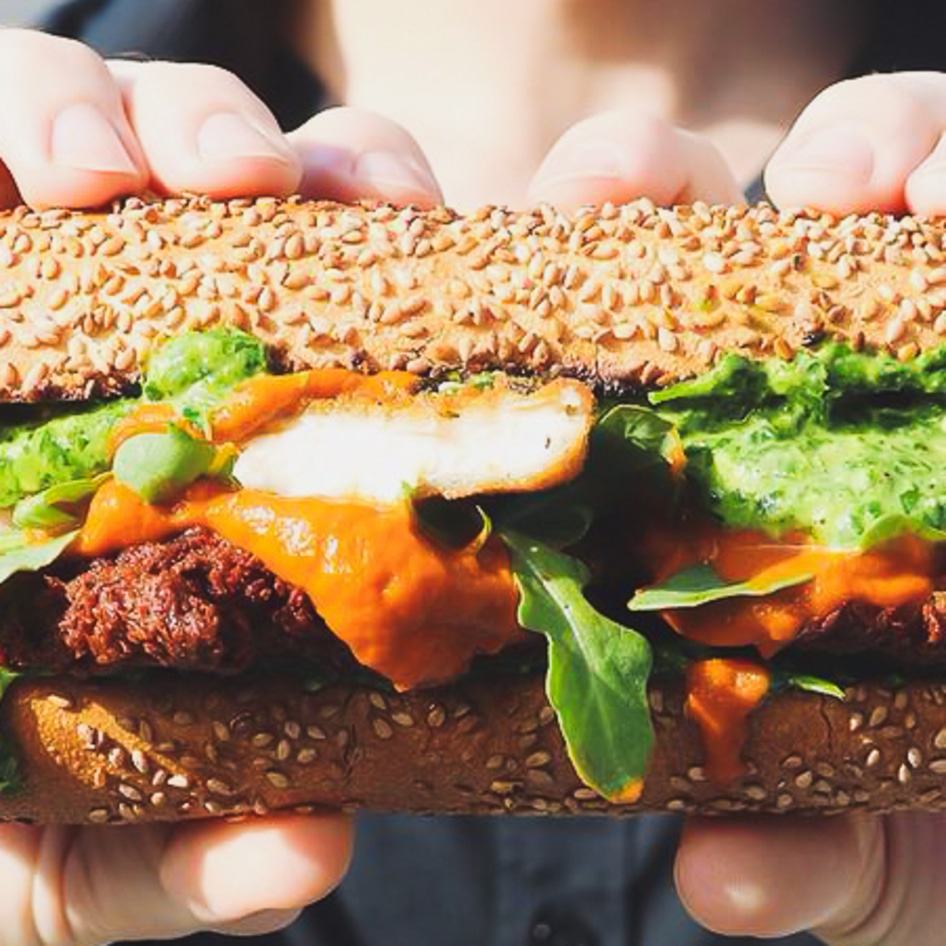When Phillip Williams ordered an Impossible Whopper—without mayonnaise to make it vegan—at a Burger King drive-thru in Atlanta, GA, little did he or the Burger King outlet selling him the burger know it would soon turn into an outrageous lawsuit. Apparently, Williams was unaware of the fact that his vegan patty was cooked on the same grill as the chain’s cow patties, which led him to file a class-action lawsuit against the fast-food chain in Florida last week. I’m not even joking. The lawsuit basically says that Burger King is using “false and misleading business practices” when informing customers about the plant-based burger. Because the burgers are cooked on the same grill, Williams believes the Impossible Whoppers are left “covered in meat by-products” and therefore no longer vegan. He’s demanding $5 million and better labeling.
Every time a vegan complains about shared grills, it’s another win for the meat industry.
The lawsuit comes as major fast-food chains around the world are making room for meatless options on their menus—and the industry that murders and dismembers animals for profit is hating every bit of it. Vegans can now walk into almost any major chain and place an order that is more than just French fries and a salad. Even better, it means the restaurants’ thousands of meat-eating customers might try plant-based for the first time.
As vegan author and VegNews columnist Brian Patton stated last August on his IG page (@thesexyvegan):
“Animals give zero f**ks about our personal purity. For chains like @burgerking @carlsjr and @deltaco to add @beyondmeat and @impossible_foods items is a great risk to them in this heavily meat -centric culture.”
Patton continues, stating in no uncertain terms that this is a huge step in moving our once-fringe movement into the mainstream—and I have to agree. But now, mister plain-named Williams has come along with his lawsuit to show the world that vegans are the most annoying bunch on the planet. Let’s just destroy the progress we’ve made as a movement in one fell swoop, shall we? Keep in mind that meat industry lobby groups have tried numerous times to combat the rise of vegan products—such as the proposed legislation to ban the words “meat” and “beef” from vegan product labelling—and yet here we are serving them what they want on a silver platter. (Or maybe Williams is one of them? We can’t be sure.) As frivolous as this lawsuit is, it says a lot about the nature of the food business. The meat industry wants vegans to complain about shared grills because it makes restaurant chains that much more reluctant to offer meatless options.
Animals don’t benefit from our aspirations of personal purity.
A vegan patty that is cooked on the same grill as a beef patty does not make a difference to the lives of the animals we’re trying to save. And we can’t expect every single restaurant to retrofit their kitchens with new equipment for one specific menu item because we can’t bear the thought of meat juice touching our food. Nor can we ask them to clean the grill every time we place an order. Every vegan who is connected to the internet knows about the shared grill situation, and if you’re not comfortable with it, then don’t eat at those restaurants. It’s that simple.
States Patton:
“I’m not expecting them to refit every single store with new equipment for one specific thing that might not even end up being successful. I, first and foremost, want to do everything I can to make sure that it is successful. And, who knows? Maybe somewhere down the road they’ll see value in dedicated equipment. But if they never do, I kind of don’t care.”
An Impossible Whopper patty that is cooked on a shared grill is still vegan.
Veganism is a movement that, like all movements, needs to win over people in order to make a difference. With veganism, we literally get to win over people with good food. No other social justice movement gets that, so we should be advocating for more vegan options without adding more barriers to our success.
Patton weighs in:
“No additional animals are harmed if my plant burger shares a grill with a cow burger, and as a vegan that’s what I care about most. So I’m choosing to support these changes without getting my boxer briefs in a bunch about a shared grill.”
Let’s not forget that veganism is about intention, not perfection. And our intent is to decrease suffering as effectively as possible. Aspiring to be a perfect vegan will only show others that veganism is both unattainable and impossible. Of course, I’d love it if every restaurant kitchen I order from was 100-percent free of animal secretions and body parts, but—like Patton—I’m choosing to put my desire for perfection aside and support businesses that are implementing much-needed change. Maybe at some point in the future, fast-food restaurants will implement dedicated equipment for vegan food. But if they never do, it’s not going to make those menu options any less vegan. No additional animals are harmed for my plant-based burger, and that’s what I care about most.
Patton concludes:
“I don’t want to add any barriers to this great new flow of plant based options we’re seeing everywhere. I’m keeping my eye on the prize. And the prize is this burger, instead of a dead cow one. I’m gonna eat now.”
View this post on Instagram
Nicole Axworthy is the News Editor of VegNews and author of DIY Vegan who is an imperfect human but still 100-percent vegan. Brian Patton is a chef, author, VegNews columnist, multimedia host, and recipe developer.
JUMP TO ... Latest News | Recipes | Guides | Health | Subscribe

